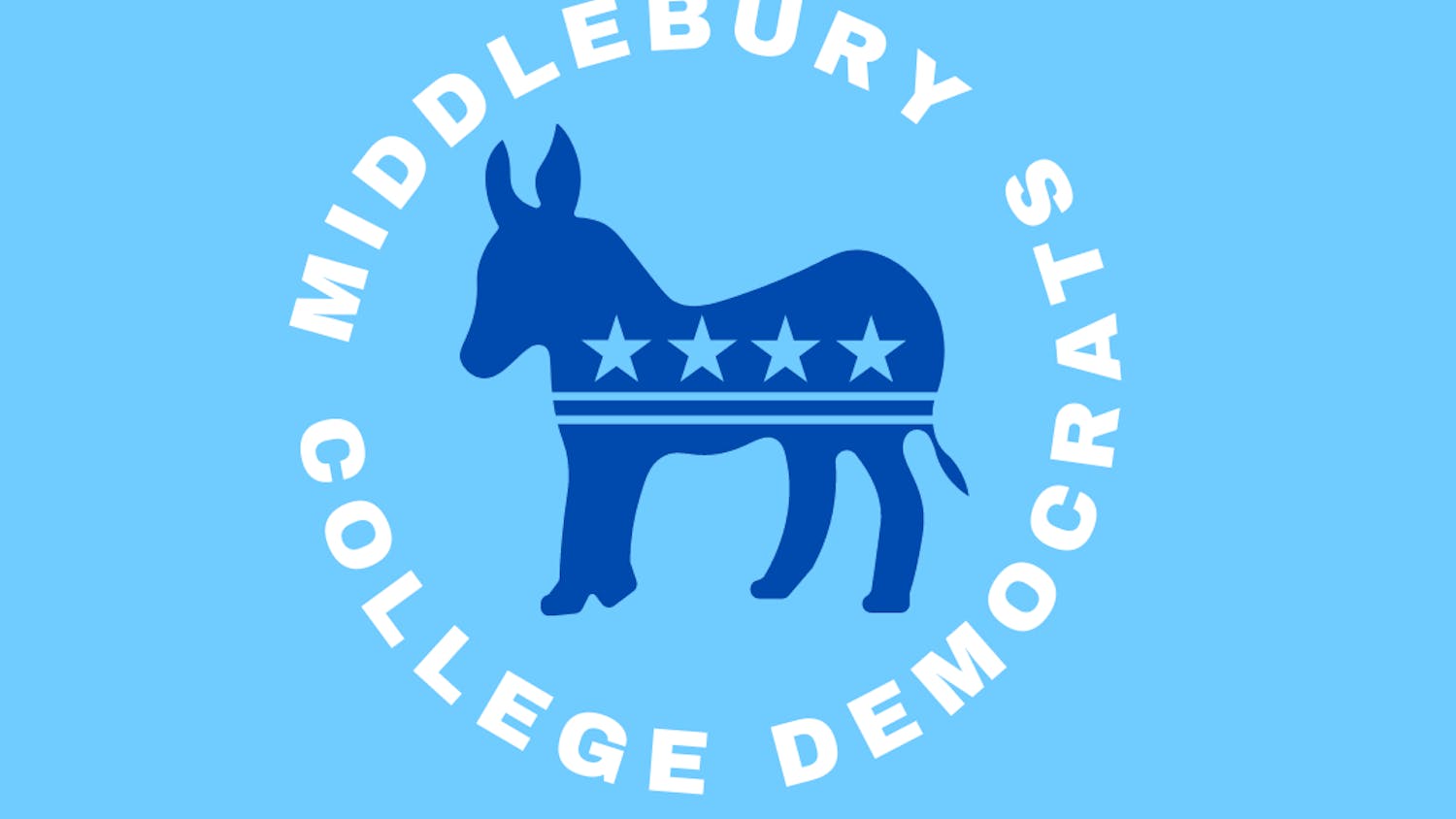“All in all it’s just another brick in the wall.” Sung by Pink Floyd, these are the words I hear while walking through the rear entrance of my first-year residential hall, Stewart. I’m welcomed by a can-liner box full of dirty dishes, trashed at the windowsill next to the door. Beneath this box of disregarded porcelain is a sign that reads: “THIS IS NOT A FOOD DROP-OFF PLEASE RETURN YOUR DISHES TO THE DINING HALLS THANK YOU.” The heap of leftover food rots: bananas that have become black and crisp, yogurt that has soured into a watered cottage cheese and expired beverages that stain the bottom of cups and mugs.
Adjacent to this mess is a Campus editorial taped to the door of the custodians’ office. It's titled “Party with care: Respecting the places where we live and work.” Analyzing similar irresponsible behavior found in upperclassmen’s residence halls, the Editorial Board writes, “[Students] do not want their belongings or decorations stolen, they do not want people peeing in their stairwells, and they do not want holes punched in their walls.” Yet, “the messes that we — as adults — make, are cleaned by custodial staff who are already overworked and underpaid.”
I had hoped that the destructive and irresponsible behaviors exhibited on campus were unique to upperclassmen’s residence halls. But the Stewart residents show their carelessness too. They leave their dishes in common areas. Thus, they assume the responsibility to keep our campus clean is not their own. All of this combined is evidence enough for me to make this claim: Middlebury as an institution is not fostering communal interactions effectively.
If generations of Middlebury students are affected by the irresponsible behavior of their peers, then the problem is institutional. If first years are throwing dishes upon the clearly marked “THIS IS NOT A FOOD DROP-OFF” windowsill, abusing the custodians’ job description, all while juniors and seniors are damaging school property when partying (at the expense of custodians’ time to fix it), then Middlebury is failing to instill community values from orientation to graduation.
I do not know why this entitlement complex exists, especially at a place devoted to progressive scholarship. These should not logically co-exist, but in fact there are students at Middlebury whose mindsets are primarily individualistic and barriered. If Middlebury’s curriculum, as cited in its mission statement, is to “foster the inquiry, equity, and agency necessary for [students] to practice ethical citizenship,” then either (1) this curriculum is failing or (2) it is impracticable for people whose mindsets are individualistic to interact responsibly within a community.
I believe that ethical citizenship coincides with upholding responsibility within a community. As citizens of our dorm, it is our responsibility — not solely the responsibility of those the institution hires — to keep the facility clean. As citizens of Middlebury College, it is our responsibility to keep the campus functional; as citizens of the world, it is our responsibility to leave spaces better than we found them. These actions and mindsets inform what a community is.
Thus, our campus has a dire issue: We are not a community. In fact, we are a place of barriered persons. There are many theories that proliferate beyond this op-ed as to why, but the fact remains: Students at Middlebury are not interacting ethically with other members of the Middlebury community. The walls around each and every one of us are built high and thick, and not even Middlebury’s “inquiry, equity” or “agency” can bulldoze these walls. I fear that nothing can.
“All in all it’s just another brick in the wall.” What walls are built around you, me, and us, and what are the bricks that make up each of these walls? This is the question that is essential for learning to become ethical citizens of the communities in which we currently and will come to live. I believe each and every student here can imagine the ideal scene: an entrance to Stewart that is without dirty dishes, one that residents and staff are equally responsible for maintaining. But is this feasible? That becomes a question to each and every person who is a part of this community.
Ryan Ulen is a member of the class of 2026.




